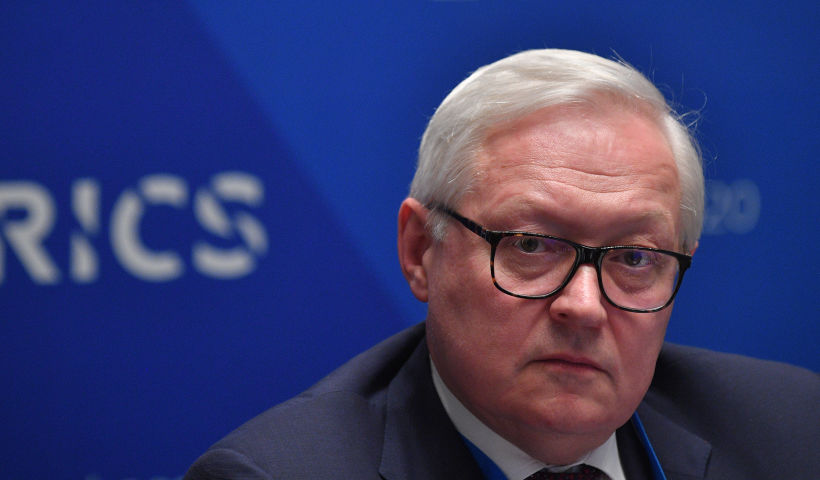Colleagues, friends,
Greetings to all of you. Let me begin by thanking the head of the Russian chapter of the BRICS Business Council, President of the Chamber of Commerce and Industry of the Russian Federation Sergey Katyrin for organising this event. Unfortunately, the coronavirus pandemic around the world prevented us from welcoming our dear guests from the BRICS countries in our capital city Moscow. At this stage, working remotely seems to be the best way to promote cooperation between our five countries.
The coronavirus swept across the globe in a matter of months, changing the way we live. It has tested the global political and economic frameworks and international institutions. Nation states also face unprecedented challenges. We have yet to assess the consequences of the pandemic and come up with collective approaches for overcoming them. The “corona crisis” has demonstrated that our countries are interconnected, that the challenges we face today transcend borders. This has shown that these challenges are interconnected.
You know the current macroeconomic situation. The world economy has entered a recession. Global GDP is shrinking, and so are international trade, investment and demand for key exports. The global value chains are being disrupted, while financial markets are in constant state of turbulence. And there are many other problems we face today, and will have to deal with in the future.
The crises in the economy and trade could make the world more prone to conflict and seriously undermine international cooperation, further exacerbating the deficit of trust. The gap between the rich and the poor is once again growing. Our common goal is to prevent the most negative scenarios from materialising.
Against this unfavourable backdrop, we are witnessing attempts to make a political issue out of the COVID-19 pandemic. We believe that this is the worst thing to do at a time when we need to work together to fend off today’s threats.
It is time that we start thinking about shaping the contours of the post-pandemic world. The only way to make the global architecture resilient is by relying on the UN Charter, and the key principles that are well known: the sovereign equality of states, non-interference in their domestic affairs, peaceful conflict resolution and respect for international law. These remain relevant today, as we mark 75 years since the end of the Second World War and the establishment of the United Nations.
Overcoming the economic fallout from the crisis is a priority. In this context, we need to focus on restoring the global economy, driving growth and expanding trade, as well as repairing the industrial chains. We cannot forget about climate change, sustainable development and the 2030 Agenda for Sustainable Development. I think the BRICS countries will have to look past this horizon to proactively contribute to shaping the long-term global agenda.
The business community in our five countries has a special responsibility in this regard. Businesses are uniquely equipped to swiftly adapt to a new reality, and create much needed jobs during major crises like the current one. This is a huge asset. The BRICS governments will continue to support businesses in every possible way. In this context, the BRICS Business Forum and Business Council are essential for devising effective solutions to support micro, small and medium-sized enterprises.
Female entrepreneurship within BRICS deserves special attention. We are satisfied with the fact that, together with our partners, we have created the Women’s Business Alliance, a non-governmental initiative to promote direct business contact among female entrepreneurs in the five countries. The alliance held its inaugural meeting via videoconference on July 20, chaired by the head of the alliance’s Russian chapter, Anna Nesterova. During the meeting, the participants outlined the possible areas of cooperation for this organisation. They expressed their commitment to working together on joint projects in digital development, and e-learning, tourism, healthcare, food production, the creative economy, green business and the textile sector.
The 12th BRICS Summit is scheduled to take place via videoconference on November 17. Together with our BRICS partners, we remain proactively involved in preparing for this event, which will be the highlight of the Russian Chairmanship in 2020. We hope that these efforts will help BRICS achieve tangible results in promoting cooperation among its participants, including with the support of the Business Council and the Business Forum.
To conclude, I would like to emphasise that Russia will seek to promote greater connectivity within the BRICS format and create conditions for launching promising business projects. By working together, we can add substantial momentum to the development of our countries in the interests of our people.
I wish you every success in your work.
